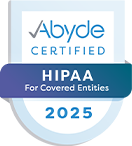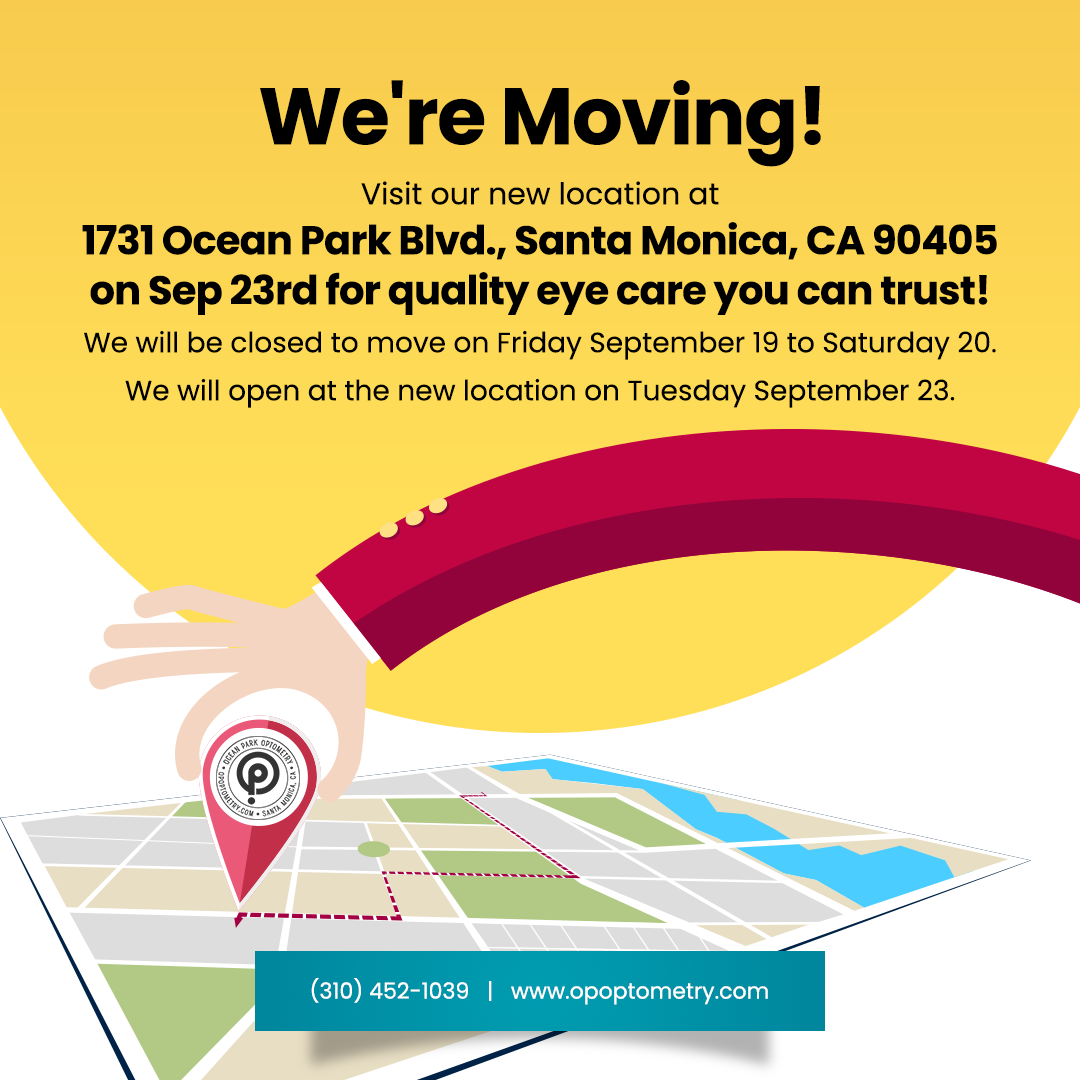
Specialty contact lenses serve several conditions where conventional contacts are not suitable. They are especially helpful if you have an eye condition, as they are more comfortable to wear than conventional lenses. The conditions that require specialty contact lenses include:
Severe dry eye.
Post corneal transplant surgery.
Corneal scars.
Keratoconus.
Astigmatism.
Pellucid marginal degeneration.
Progressive nearsightedness.
Discomfort with current contacts.
Different specialty contact lenses suit different conditions. Others serve specific conditions. Whatever the case, visit your eye doctor. They will advise you further on which contact lens is best for you.
Types of Specialty Contact Lenses
Specialty contact lenses come in a wide variety of materials and duration of wear. They can be of soft or hard material, worn daily or for an extended period. Depending on your visual needs, your doctor will prescribe one of the lenses mentioned below:
Soft lenses.
Scleral lenses.
Multifocal Lenses.
Hybrid lenses.
Orthokeratology (ortho-k) lenses.
Rigid gas permeable lenses.
Soft Lenses
Introduced to the market in 1971, soft lenses were the first “specialty” contact lenses. They gained more popularity than their rigid predecessors. This was due to the soft design that makes them feel less intrusive on the eyes. They also stay on the eyes better than rigid gas permeable lenses. Last but not least, they are easier to adjust once in the eye.
Scleral Lenses
These rigid gas permeable lenses are larger in diameter than the conventional ones. They extend to the white outer part of the eye, known as the sclera. Hence their name. They help if you have an irregular or distorted cornea. They are also great with people who have surgical scarring or keratoconus.
Due to their size, they leave a gap between the cornea and the lens. This allows a kind of basin for the tear film. This basin helps keep the lens on the eyes for longer and improves the symptoms of dry eyes.
Multifocal Lenses
These are available in rigid gas permeable lenses and soft lens forms. They are also available in daily and extended wear. They can correct myopia, hyperopia, and presbyopia at the same time.
Hybrid Lenses
Have a gas permeable center with a soft outer ring. They can correct myopia, hyperopia, astigmatism, keratoconus, and age-related loss of close vision. They are more comfortable than traditional gas permeable lenses. This is because of their soft outer ring.
Orthokeratology (Ortho-K) Lenses
These are special, rigid gas permeable lenses worn at night. While you sleep, they flatten the center of your cornea. This helps correct the refraction of light as it enters your eye. This lets you see well without prescription glasses or lenses.
Rigid Gas Permeable Lenses
These are preferable if you have dry eyes. They provide a clear and crisp vision for people with eye problems. They also allow oxygen to the cornea, permitting their wear for extended periods. If you take care of them well, they can last you for up to two or three years.
For more on specialty contact lenses, visit Ocean Park Optometry at our office in Santa Monica, California. You can call (310) 452-1039 today to schedule an appointment.













